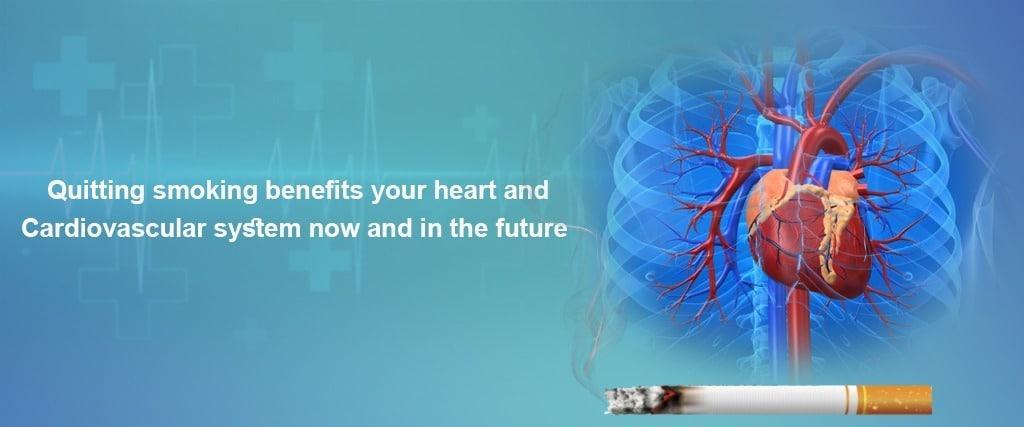If you’re someone that is into the regular habit of smoking, or if you are someone that is just entering the phase of smoking regularly, then this is a must-read for you to know what it actually does to your body. Putting aside the immediate kick it gives the body and the mind, its negative effects are something that has to be looked into.
Read through to understand how smoking affects our body, especially the heart and its functionalities. Each puff you take from a cigarette increases your heart rate and blood pressure temporarily.
This in turn puts a lot of pressure on the body parts. It also causes other effects such as –
– Increases Clogging the arteries
– Damages the lungs and it’s capacity
– Weakened the bones
– Increases the inflammation
– Weakens the immune system
– It increases the bad cholesterol in your body and lowers the good cholesterol levels.
When your blood pressure is high, as well as when you smoke, the arteries stretch and form scars. Their walls are damaged, allowing plaque to grow and combine with sticky blood cells. All of these increase your risk of blood clots forming, which can interfere with blood flow to your heart or other organs. This can cause heart attacks or strokes. Smoking harms your lungs and also makes it harder to breathe. This can keep you from exercising as much as possible.
Fortunately, most of the damage caused by tobacco can be reversible, if one chooses not to smoke anymore. The risk of blood clots is reduced, and the level of the bad cholesterol goes down. This will help slow the build-up of new plaque. In 2 weeks of avoiding smoking, it is easier to exercise without feeling shortness of breath, and over the next few months, one will be able to breathe deeply again.
If you have heart disease, it’s not too late to make a difference. If you quit smoking after a heart attack, you can cut your risk of a second one in half. Quitting smoking after bypass surgery can keep your arteries healthy and help prevent blockages and other diseases. By quitting, you’ll also protect your friends and family from the health risks of secondhand smoke.
Talk to your doctor for suggestions on how to end your smoking habit. They can also connect you to programs that offer counseling and support services.

